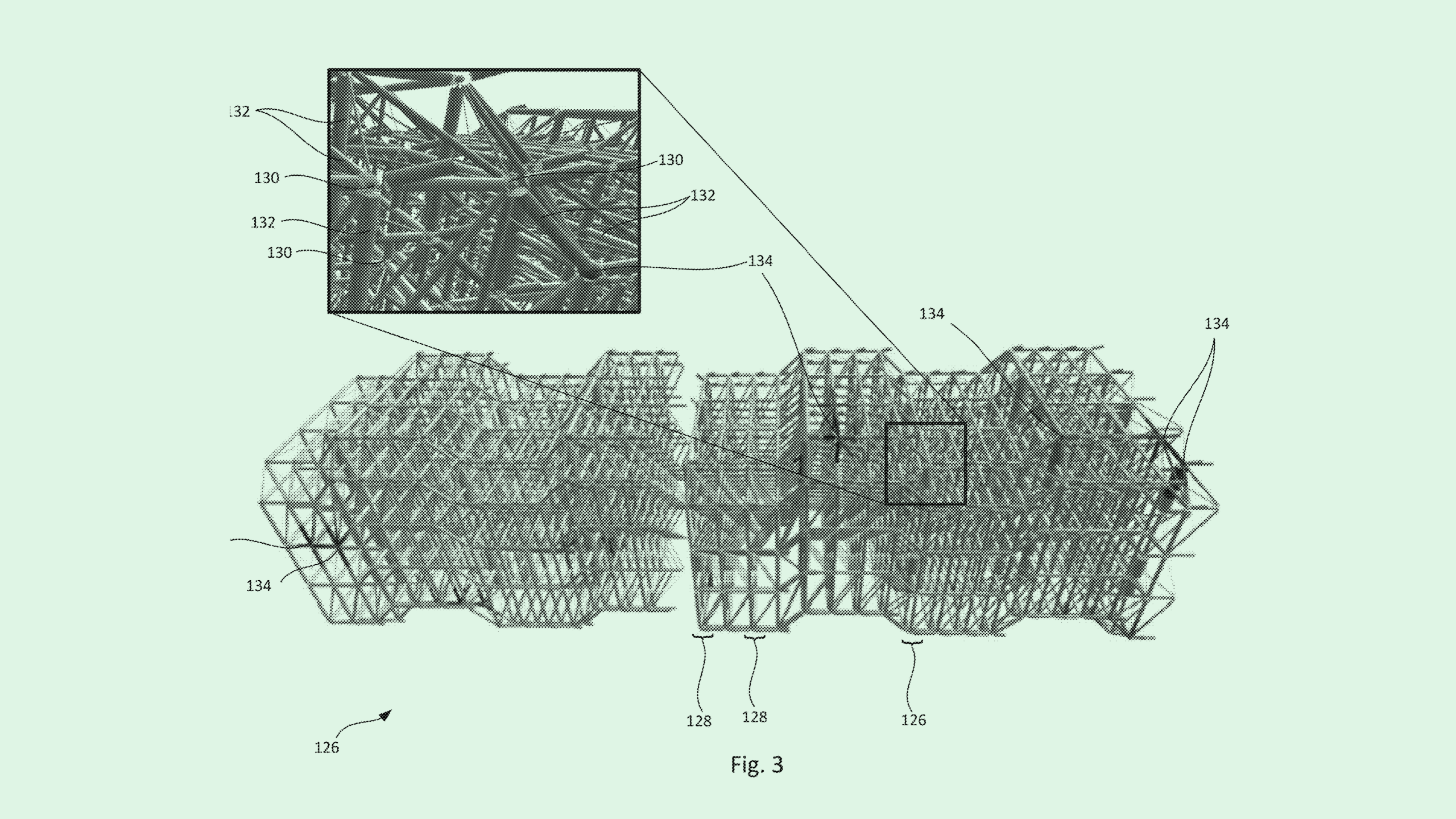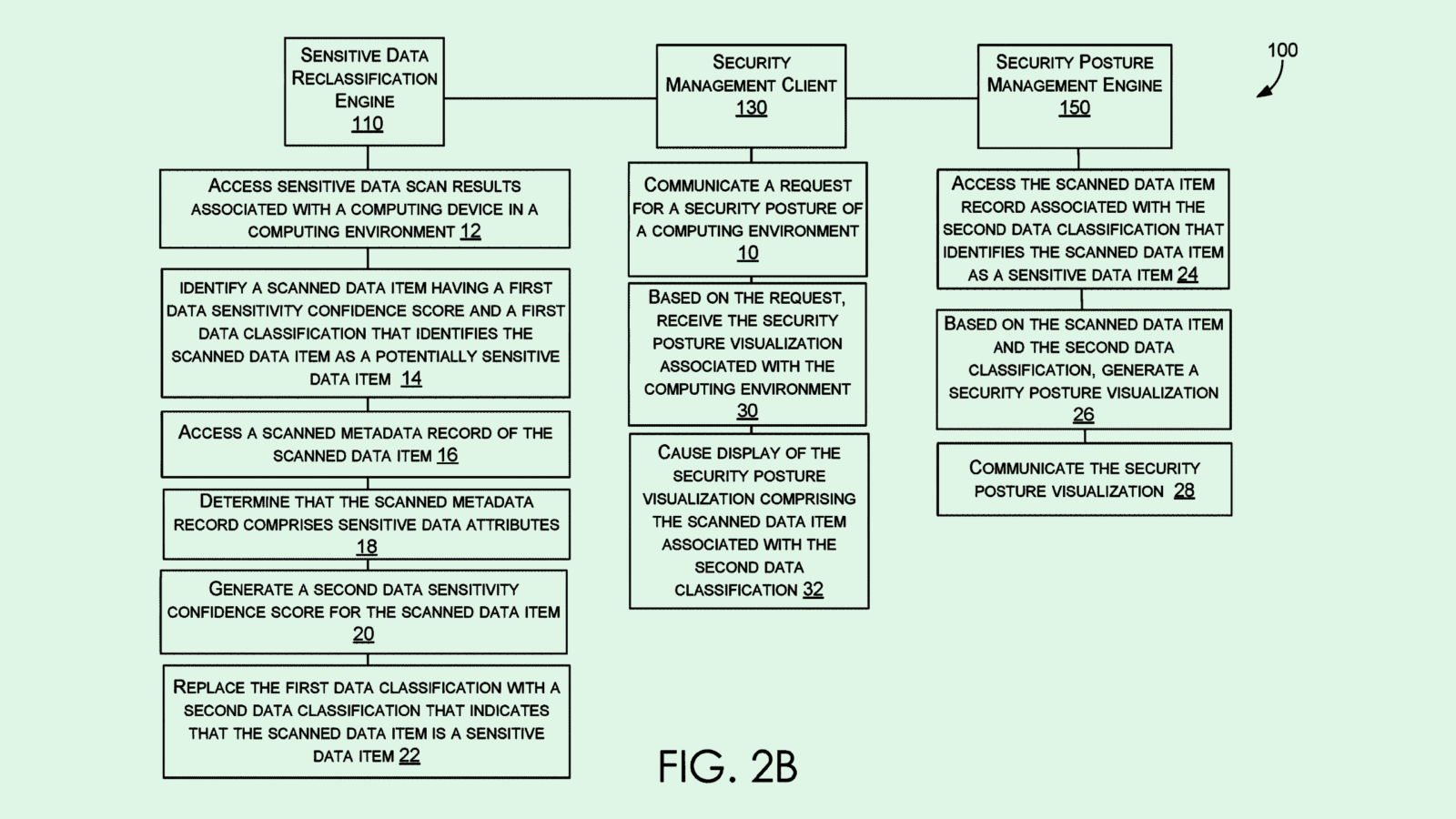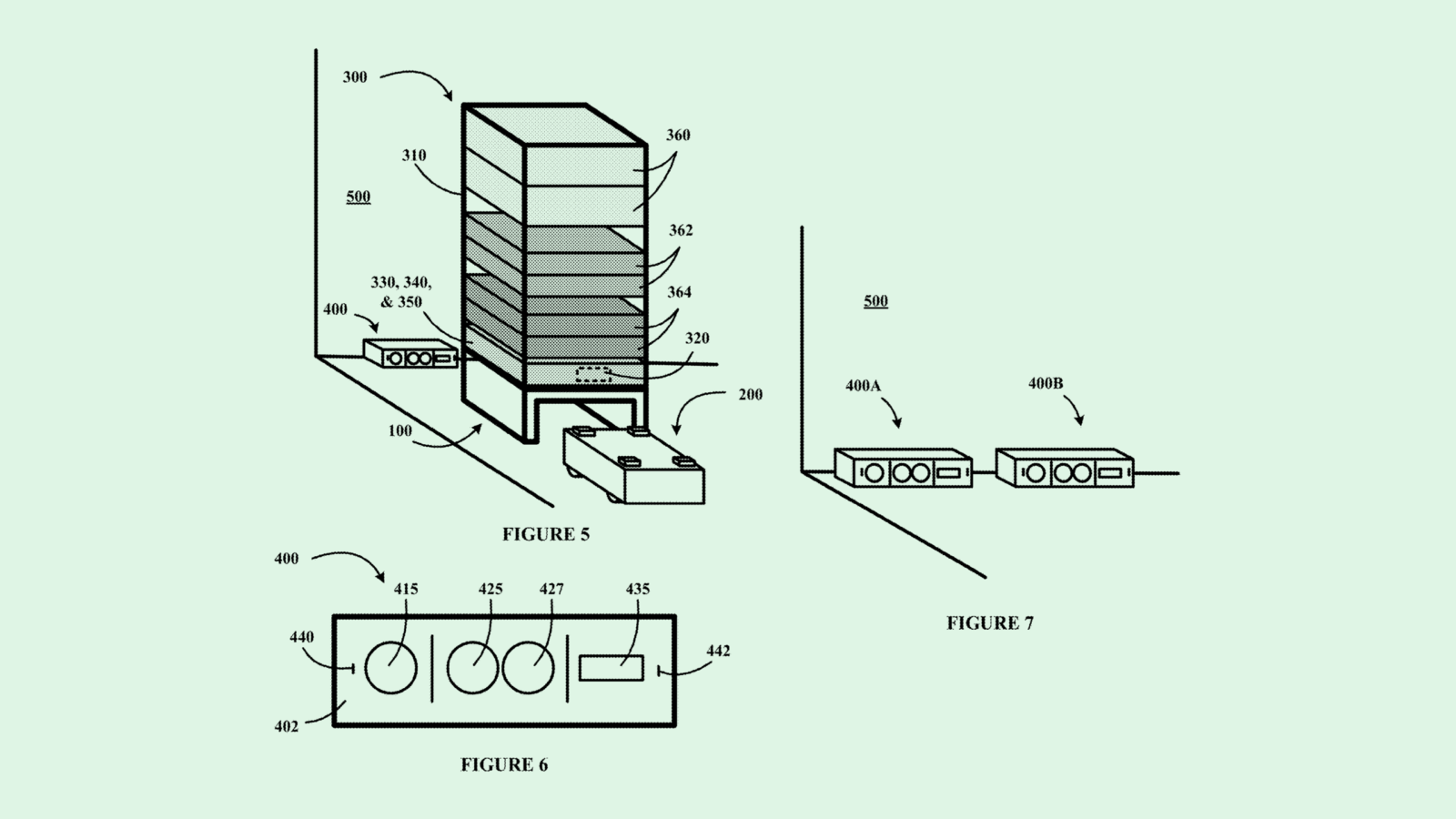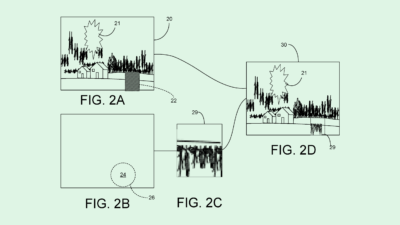Google Adds Error-Correction Patent to Arsenal as Quantum Race Heats Up
Quantum computing faces major roadblocks, but the payoff for overcoming them stands to be tremendous.

Sign up to uncover the latest in emerging technology.
Google wants to keep quantum computers in line.
The tech giant filed a patent application for a method of “quantum error correction.” Google’s tech essentially helps identify where errors crop up when running an algorithm on a quantum computer.
Because the environment to run a quantum computer is so delicate, the computers have a tendency to make mistakes when knocked out of balance. Anything from temperature to electromagnetic waves to the “noise” of the surrounding atoms can wreck the fragile state of a quantum computer, causing what’s called decoherence: That can lead to errors.
Google’s patent is quite technical, but to break it down simply: Before a quantum algorithm is run, this system would create a multi-layer model to show how errors may be created and spread throughout the computer’s circuits. Every layer of this model corresponds to a different error that could occur, as well as the probabilities of occurrence.
While a quantum algorithm is running, the system collects data on those errors and translates that into events which are recorded on an “array,” or a table that tracks the events in real time and updates as more errors occur. By updating the array, the system gets better at determining probabilities of error. The layered model then analyzes the data in that array to find out exactly where an error occurred and fix it in real time.
2024 has been a big year for quantum. In June, Google reportedly developed a quantum computer capable of executing calculations that would take a classical computer 47 years. Microsoft and Quantinuum announced their own breakthrough in reliable quantum computing with record-low error rates. And Honeywell may be considering an IPO for Quantinuum: It values the startup at $10 billion, Bloomberg reported last week.
Though handling errors could aid in one of quantum’s major roadblocks, a lot stands in the way of making reliable quantum computing happen. For starters, most quantum computers only have a few hundred qubits (the bits that operate the computer’s calculations): Atom Computing’s quantum computer broke IBM’s record in October at just over a thousand.
The machines remain small because quantum computers require a delicate environment and freezing temperatures to operate, and the only way to grow them is to bulk up the hardware itself. Plus, both the complex hardware and talent are incredibly limited.That makes quantum computing expensive and extremely difficult to scale.
The payoff, however, could be tremendous. These machines could be capable of handling difficult calculations an order of magnitude faster than classical computers, making them applicable to industries such as finance, cybersecurity, and medicine.
The tech also has the power to exponentially scale AI training, and could even help solve the mounting cost of AI training infrastructure, Dr. Jamie Garcia, director of quantum algorithms and partnerships at IBM, told VentureBeat in July. Securing IP in the nascent space could allow Google a competitive advantage if or when science is able to break quantum’s barriers.











